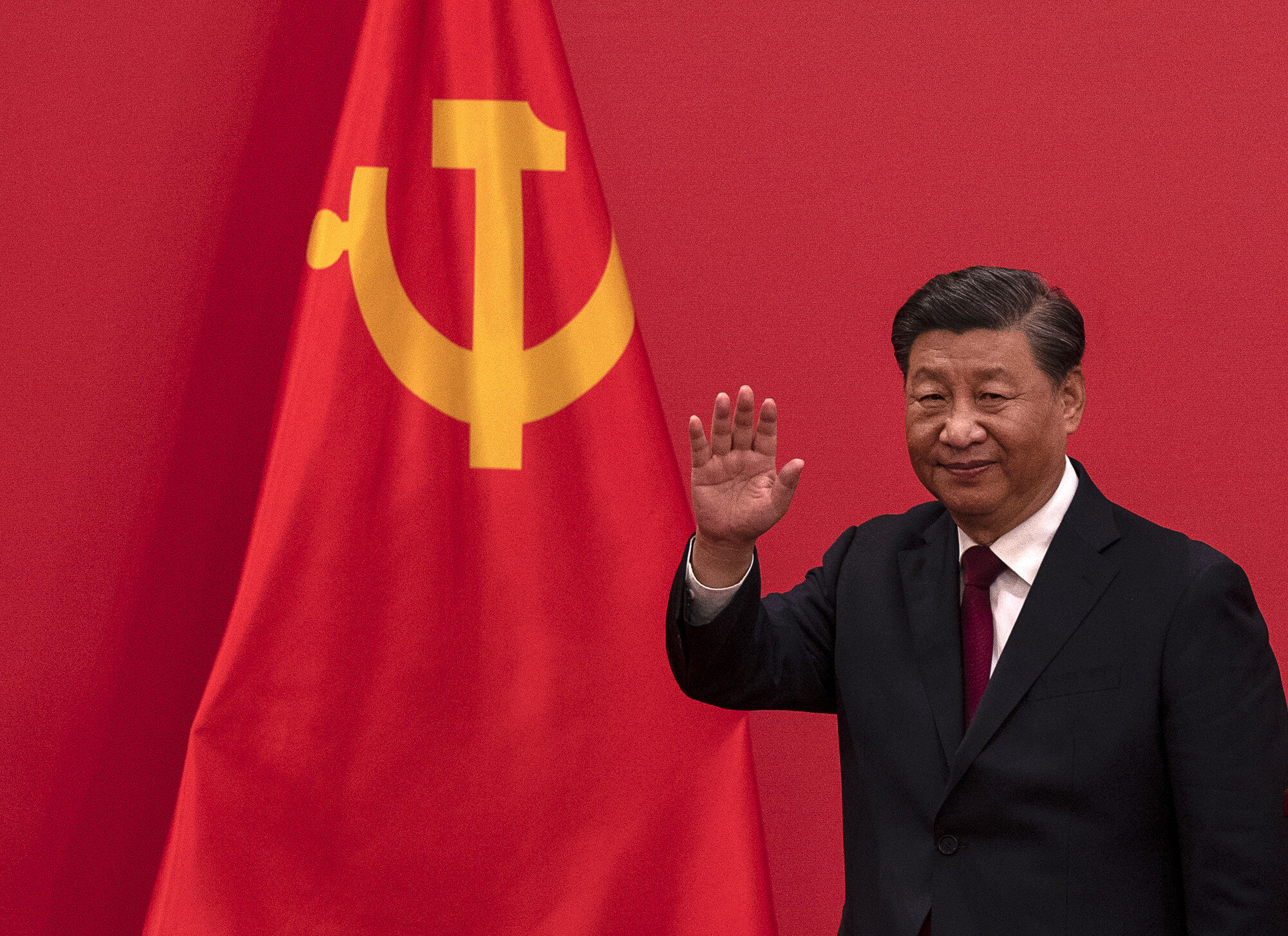China is doubling down on manufacturing exports to offset the challenges posed by a sluggish property market and meet the party’s 5% GDP growth target for 2024. Despite the threat of tariffs, Xi Jinping is confident that industrial might remains China’s main geopolitical advantage against the West. By centring Beijing at the core of all (or most) global supply chains, the Chinese leader believes that this might be a much better insurance against sanctions.
While the West is suffering from inflation, China is facing a decrease in the prices of consumer goods at home due to its low domestic demand. Xi refuses to implement a stimulus to boost domestic consumption while committing further to supporting the expansion of advanced industrial sectors such as batteries, semiconductors, solar panels, electric vehicles or drones. Without stimulating internal demand, that means that Chinese industries will need global markets to absorb their growing supply of products.
In terms of GDP growth, the gamble might work, at least for the present year. According to official data, in the first three months of 2024 China’s exports rose 7.1%, and its economy grew by 1.6% over the previous quarter, with projected annual growth of approximately 6.6%. That GDP growth projection might be too ambitious, given that the data for March showed an export slowdown in comparison with the same month in 2023. There is, indeed, the question of how long global markets will be able to absorb Chinese exports, as there are already thousands of Chinese EVs currently piling up in European ports. But Beijing seems confident that global demand for Chinese goods will remain robust for the rest of the year.
In recent years, Xi has pursued an economic policy to make China more self-reliant. In the past, that was interpreted as moving towards a model more dependent on domestic demand instead of exports. The rationality behind that is that if China becomes more reliant on domestic consumption, Beijing will limit its exposure to Western pressures. China’s domestic market, however, is not mature enough to become the country’s growth motor — especially after the impact of the pandemic and the need to transition away from overreliance on the real estate sector.
Xi knows that industrial capacity is China’s main competitive advantage against the West. And to keep China’s technological and industrial development, he still needs global markets. Nevertheless, China’s supremacy in manufacturing supply chains can still bring about a sanctions-proof economy.
Competitors aren’t happy with cheap Chinese advanced manufacturing flooding global markets, and Chinese products might face increasing tariffs from the US, the EU, and even from friendly nations such as Brazil. However, the impact of protectionist measures will take time to have an effect, and the specific content of new regulations might not match the words that make it into the headlines.
Despite the geopolitical risks, advanced Chinese manufacturers are much more competitive than existing alternatives. To achieve the ambitious goals of the green transition, a realistic substitute for Chinese suppliers just doesn’t exist. Reshoring production to Europe or America is a much more costly option and, especially in Europe, the sector will have a hard time staying afloat. For example, despite pledging to help a struggling European solar sector that is already suffering layoffs, the EU has backed down on imposing tariffs on Chinese solar panels.
Xi’s renewed pro-industrial strategy will make China’s economic growth and technological development much more dependent on foreign markets, but at the same time it makes the world much more dependent on China. In that scenario, for the West, it is far more difficult to apply a regime of sanctions similar to the one imposed on Russia after its invasion of Ukraine. Despite the rhetoric about decoupling, the reality is that for the time being, any abrupt economic warfare against China will still lead to mutually assured economic destruction.











Join the discussion
Join like minded readers that support our journalism by becoming a paid subscriber
To join the discussion in the comments, become a paid subscriber.
Join like minded readers that support our journalism, read unlimited articles and enjoy other subscriber-only benefits.
Subscribe